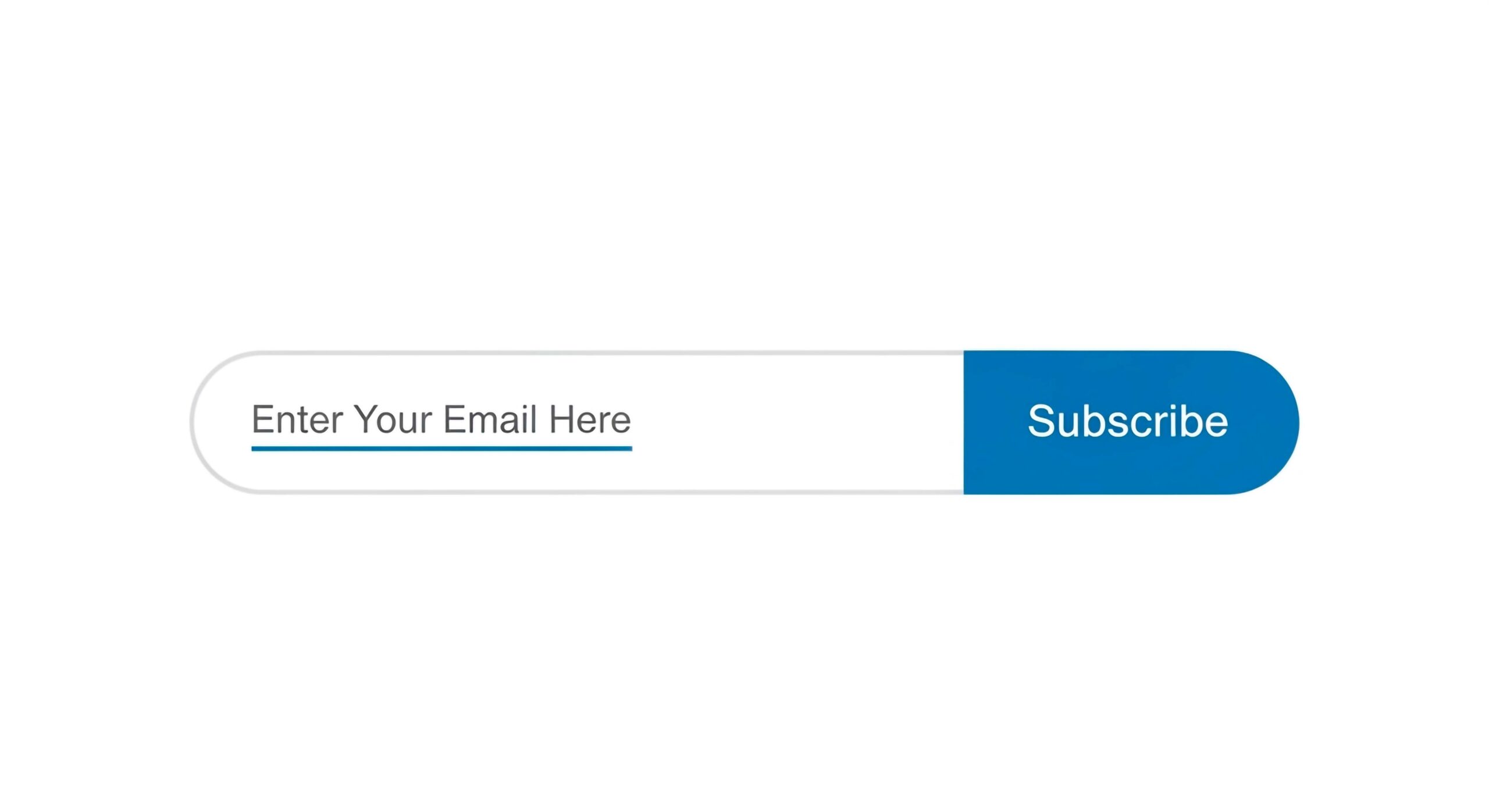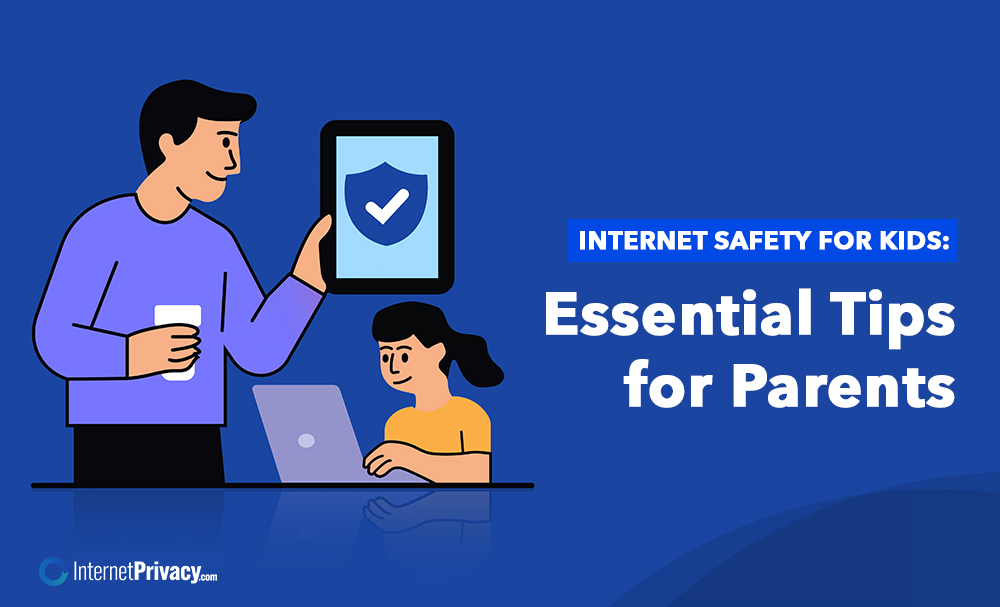Data Broker Sites: What Are They and How to Protect Your Information

Data and consumer information broker sites have become pervasive in the digital landscape, raising concerns about privacy and personal information security. These sites collect and aggregate vast amounts of data from various sources, creating comprehensive profiles of individuals. Understanding what data broker sites are and how to protect your information is essential in the digital age.
As the name suggests, data broker sites are platforms in the data brokerage industry that gather, consolidate, and sell personal information to third parties. They gather data from multiple sources, such as online activities, social media, public records, etc. Their purpose is to facilitate the buying and selling of consumer data, providing insights and targeting opportunities for businesses and marketers.
The existence of data broker sites raises several risks and concerns for individuals. First and foremost is privacy invasion, as many data brokers on these sites collect detailed and sensitive information without explicit consent. This leaves individuals vulnerable to potential identity theft and other forms of cybercrime. The data collected is often used for targeted advertising, resulting in a constant stream of personalized ads.
Protecting your information from data broker sites is crucial in maintaining your privacy and security. Opting out of data broker sites is one effective step, as it restricts the availability of your information. Regularly monitoring your online presence, being mindful of the information you share, and utilizing privacy tools and services can further safeguard your data. Staying informed about data protection laws and regulations helps you understand your rights and take necessary precautions regarding personally identifiable information.
By understanding the workings of data broker companies and sites and implementing protective measures, you can take control of your personal information and mitigate the risks associated with the proliferation of data brokers.
Understanding Data Broker Sites
Understanding data broker sites is essential for safeguarding your personal information. Here are the key aspects of data broker removal you should consider:
- Definition: Data broker sites function by collecting and trading personal data with external parties.
- Information Collected: These platforms accumulate details such as your name, address, phone number, and online activity.
- Sources: Public records, social media, surveys, and online tracking are the primary sources from which data is obtained.
- Privacy Concerns: Your data can be exploited for targeted advertising, fraud, or identity theft.
- Protection: You can protect your information by being conscious of your online privacy settings and regularly monitoring your online presence.
What Are Data Broker Sites?
Data broker sites, or the data brokers’ legal or brokerage platforms, are online platforms that specialize in gathering and selling personal information from various sources. These platforms primarily operate for commercial purposes, such as facilitating targeted advertising and assisting financial institutions with risk mitigation.
However, they also raise concerns regarding privacy invasion, identity theft, and unauthorized access to sensitive data. To safeguard your personal information, it is recommended to opt out of data broker sites, regularly monitor your online presence, and exercise caution when sharing personal information.
How Do Data Broker Sites Collect Information?
- Data broker sites collect information in various ways, including through web scraping, public records, social media, surveys and forms, online tracking, mobile apps, and data-sharing agreements.
- Web scraping involves the use of automated tools to extract information from websites.
- Data brokers gather data from government records, court documents, and property records.
- They also acquire information from social media platforms, utilizing publicly available profiles and posts.
- Data brokers collect data through online surveys and forms that users fill out.
- Online tracking methods like cookies and other tracking technologies allow data brokers to monitor online activities and gather data.
- Data brokers may obtain information from mobile apps installed on devices.
- Furthermore, they enter into data-sharing agreements with other businesses to receive collected data.
Why Do Data Broker Sites Exist?
Data broker sites exist to collect and aggregate personal information from various sources. They serve multiple purposes, including targeted advertising, fraud detection, risk mitigation for financial institutions, and market research. By gathering and selling consumer data, these data removal sites facilitate the exchange of valuable information between businesses and enable them to make data-driven decisions.
The Risks and Concerns of Data Broker Sites
Data broker sites pose significant risks and concerns regarding our personal information. From privacy invasion to identity theft, targeted advertising, and unauthorized access to personal data, these sub-sections shed light on the dangers lurking in data brokers. Prepare to discover the unsettling realities behind these risky data collection practices and learn to safeguard your valuable information from falling into the wrong hands. Stay informed and take charge of your privacy!
1. Privacy Invasion
Data broker sites invade individuals’ privacy by gathering and trading personal information without obtaining explicit consent. To safeguard your privacy, opt out of these sites, consistently monitor your online presence, exercise caution when sharing information online, utilize privacy tools and services, and stay well-informed about data protection legislation. By taking these measures, you can protect your personal data from identity theft threats and targeted advertising.
2. Identity Theft
Identity theft is a significant concern when it comes to data broker sites. These platforms gather personal information from multiple sources, such as search sites, social media, and public records, which facilitates the theft of identities by criminals. To safeguard yourself, it is important to consistently monitor your online presence and exercise caution when sharing information online.
3. Targeted Advertising
- Targeted advertising is a major concern associated with data broker sites.
- These sites collect and analyze vast amounts of personal information to create detailed consumer profiles.
- Advertisers then use these profiles to deliver personalized ads based on individuals’ interests, preferences, and online behavior.
- Targeted advertising can lead to potential privacy invasion and the manipulation of consumer choices.
In 2009, Target, a retail giant, used data analytics to identify pregnant customers and sent them personalized advertisements. One incident revealed a teenager’s pregnancy to her father, leading to a public outcry and reinforcing concerns about the ethical implications of targeted advertising.
4. Unauthorized Access to Personal Information
Unauthorized access to personal information is a significant worry regarding data broker sites. These platforms gather and consolidate data from multiple sources without obtaining explicit consent, which puts sensitive information at risk.
To safeguard yourself, you must monitor your online presence regularly, employ privacy tools, and exercise caution when disclosing personal details. It is startling that an astounding 1.2 billion records were exposed to a data broker website through breaches during the first half of 2021.
How to Protect Your Information from Data Broker Sites
Take charge of your online presence and safeguard your personal information from various data broker websites and sites. Discover effective strategies to protect your privacy in the digital realm. From opting out of data broker sites to monitoring your online footprint and being cautious about the information you share, we’ll explore practical steps to fortify your data security.
Learn how privacy tools and services can assist you in shielding your valuable data. Don’t let your information fall into the wrong hands – empower yourself with these essential privacy measures.
1. Opt Out of Data Broker Sites
- To opt out of data broker sites, visit the website of the data broker site and locate their opt-out page.
- Follow the instructions on the opt-out page to request the removal of your personal information.
- Ensure that you provide all the necessary details, including your name, email address, and any additional information required for identification, when opting out.
- Submit your opt-out request, and keep a record of the confirmation or reference number you receive.
- Keep an eye on your email for further instructions or notifications from the data broker site concerning your opt-out request.
2. Regularly Monitor Your Online Presence
To ensure that you are consistently monitoring your online presence, follow these steps:
- Regularly conduct online searches using your name to check the information available.
- Set up Google Alerts and receive notifications whenever your name is mentioned online.
- Monitor your social media accounts closely for suspicious activity or unauthorized access.
- Frequently review your privacy settings and adjust them according to your preference.
Pro-tip: Consider utilizing a reputable identity theft protection service for peace of mind.
3. Be Mindful of the Information You Share Online
When sharing information online, being mindful of the details you disclose is crucial. It is essential to avoid sharing sensitive information such as your home address, phone number, or financial accounts.
Take special care with the personal information you provide people search sites and on social media platforms and make sure you fully comprehend their privacy policies. Being cautious can protect you from potential risks like identity theft or targeted advertising.
4. Use Privacy Tools and Services
- Use Privacy Tools and Services to enhance online privacy and protect your information.
- Install browser extensions like ad blockers or privacy-focused search engines.
- Use virtual private networks (VPNs) to encrypt internet traffic and mask your IP address.
- Consider using secure email providers or encrypted messaging apps for sensitive communication.
- Regularly update and use antivirus software to protect against malware and viruses.
- Enable two-factor authentication for added security when accessing online accounts.
Stay Informed about Data Protection Laws
Stay current on data protection laws to protect your personal information. It’s important to familiarize yourself with regulations like the General Data Protection Regulation (GDPR) in the European Union or the California Consumer Privacy Act (CCPA). By complying with these laws, you can have better control over your data and reduce the risk of experiencing a data breach.
A true incident: A European company faced a substantial fine for violating the GDPR. They neglected to adequately secure customer and financial data, which led to a significant data breach. Staying knowledgeable about data protection laws is essential to avoid facing similar consequences and safeguard your privacy.





